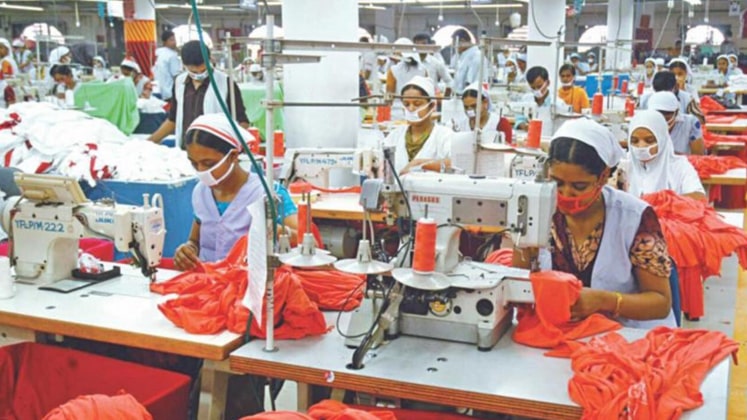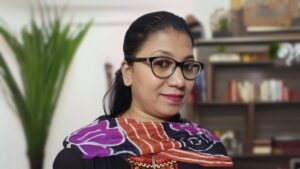
A new study — conducted by the United Nations Development Programme (UNDP), Bangladesh Garment Manufacturers and Exporters Association (BGMEA) and the Global Report Initiative (GRI) — has underlined that around six per cent of local apparel manufacturing units have adopted innovative plans and new business models to integrate sustainability in a post-pandemic (coronavirus) recovery.
Media reports maintained this while adding that having experienced the worst of times in the COVID-19’s fallouts prompted these garment units to reduce cost of production, improve efficiency, and business management and attain more sustainable supply chains even as it went on to add that an associated survey was conducted in 2020 in around 47 RMG units whose owners were presented certificates for ‘extraordinary performance in sustainability’ through a virtual programme held at the capital (Dhaka) recently.
As per the survey findings, around 98 per cent said to have an environmental grievance mechanism system in place, 6 per cent of which said to have taken immediate action on receiving complaints about disposal of solid waste in local waters, while some 42 per cent underlined aiming to reduce energy, waste and resource consumption in the next three years by 2 to 15 per cent and greenhouse gas emissions and water consumption every year by 5 to 25 per cent even as around 34 per cent have either a ‘reuse’ or ‘recycle’ practice for waste whilst around 15 per cent said to have used recycled water in production or sanitation facilities and 23 per cent practiced rainwater harvesting for sanitation facilities, gardening and car washing even as a majority or 91 per cent, reportedly, use borewell water, while 32 per cent are sourcing it from municipality infrastructure.






